Project 5
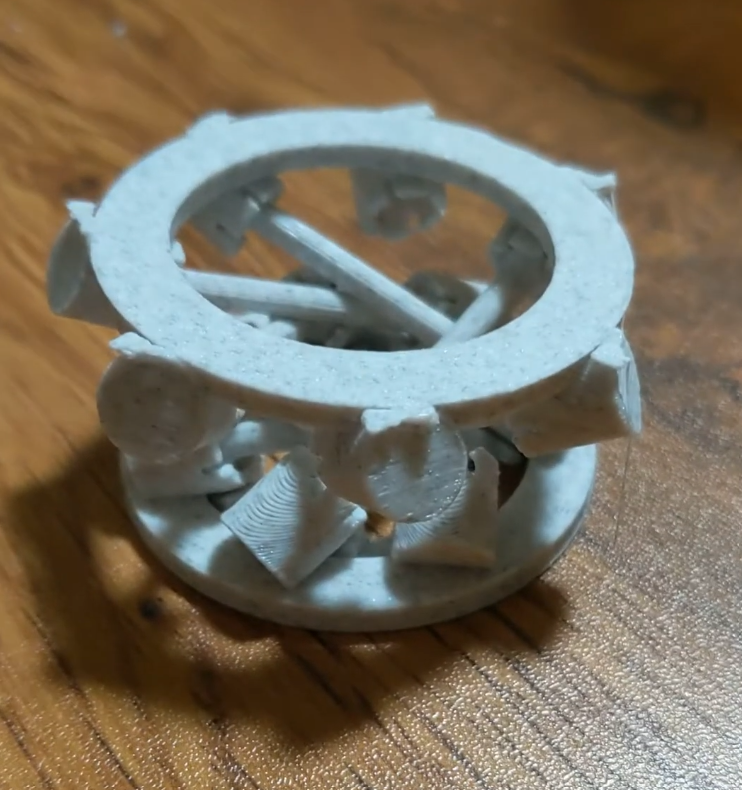
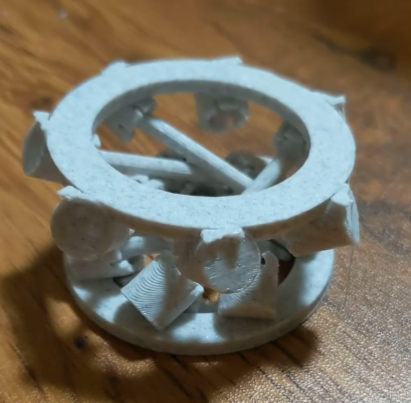
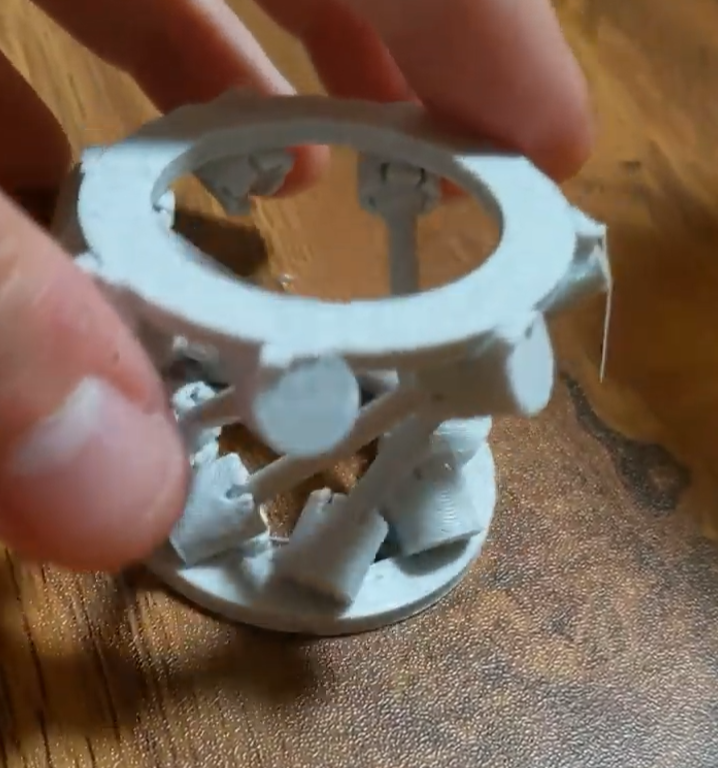
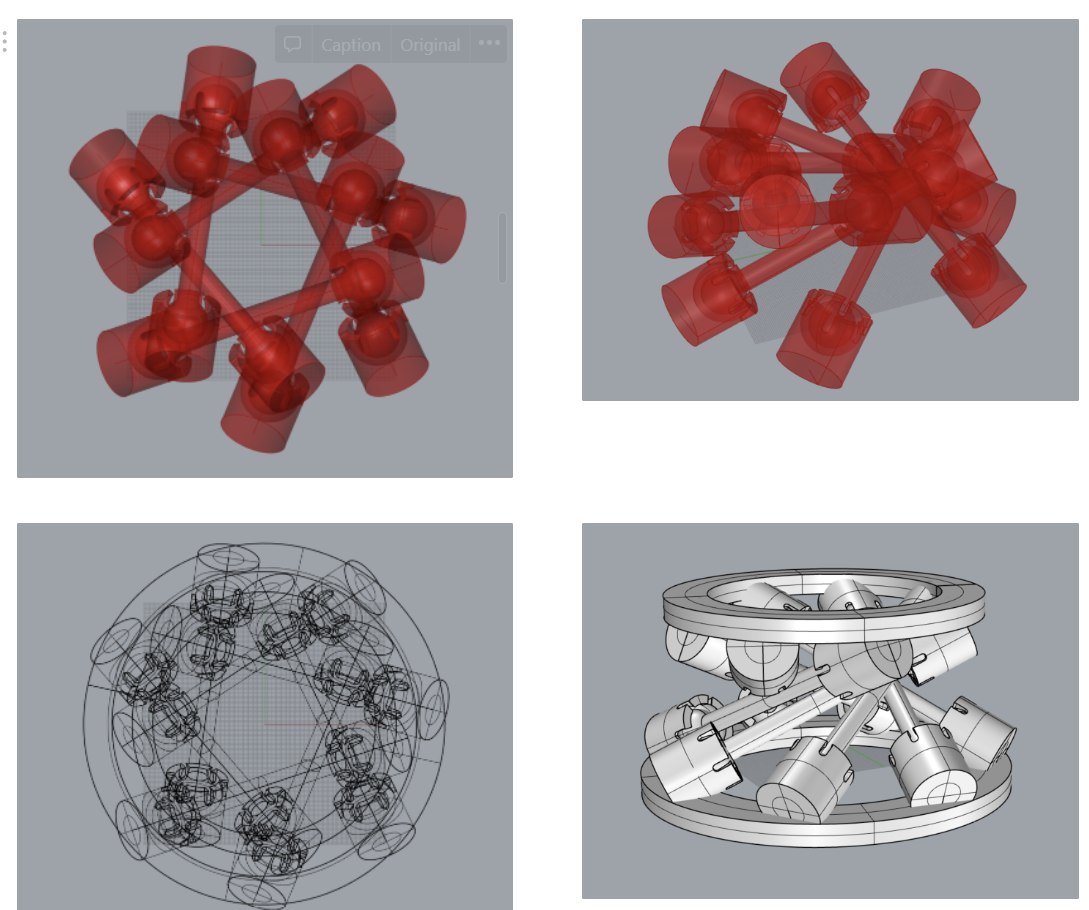
Fifth project exploring joinery following the examples available on the course website and exploring using complex node interfaces
Create Clusters
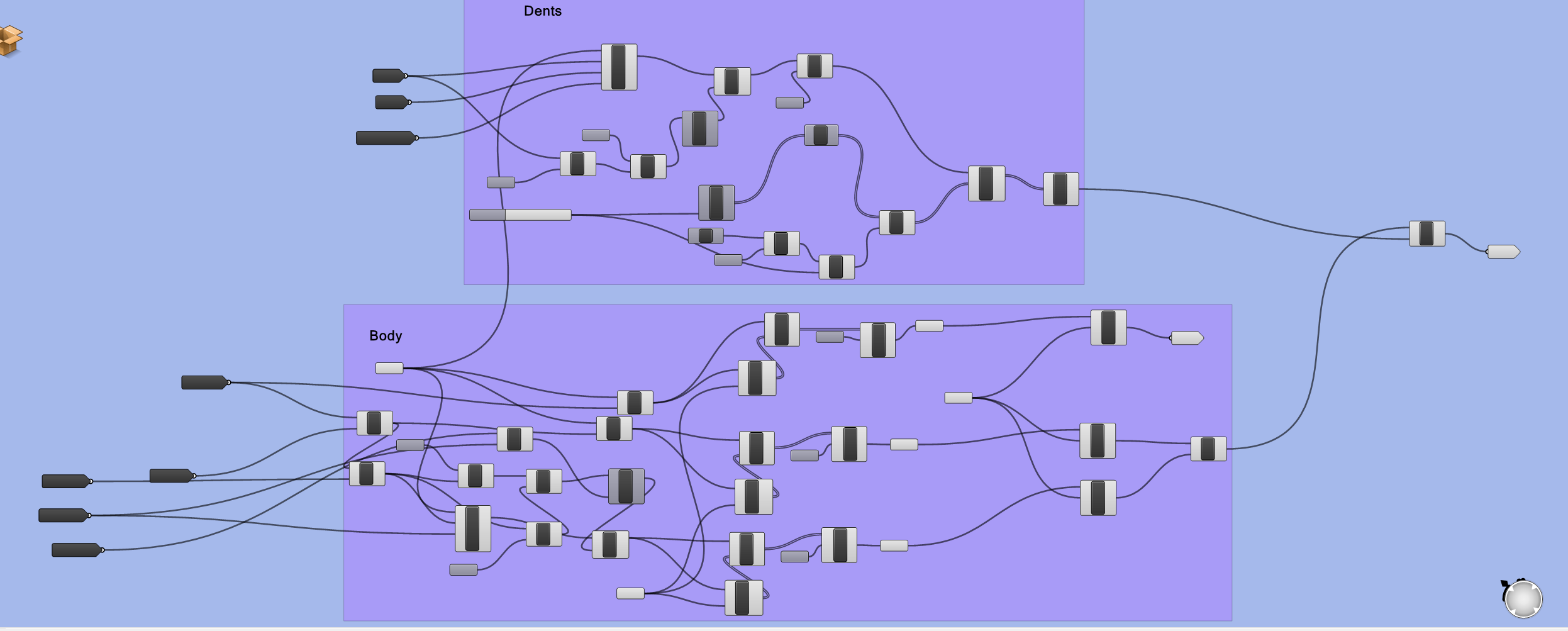
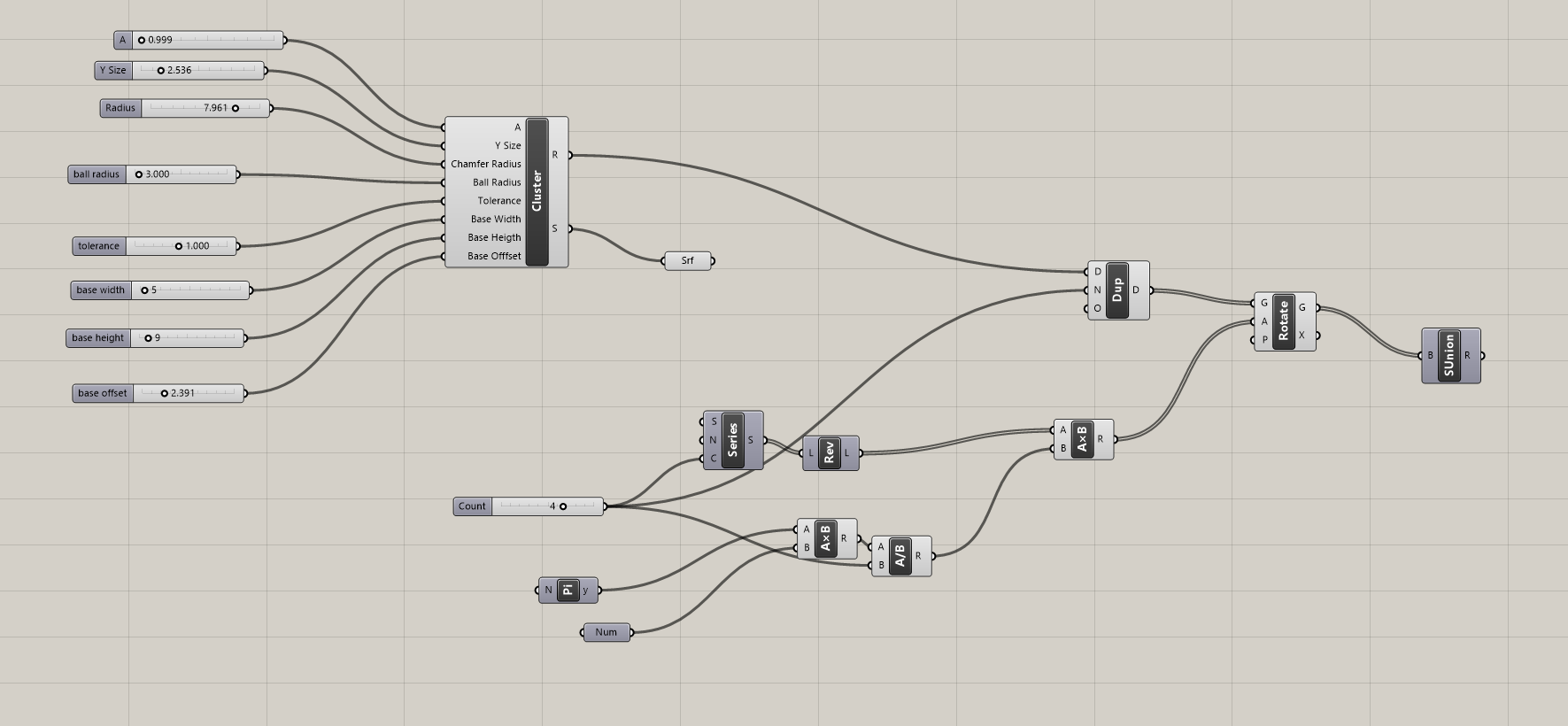
I wanted to explore more the concepts of clusters and complex parametric interfaces since we saw some examples of these in the previous exercise on the 3D printed fabric. For this, I created groups to separate the code that creates the solid base and the code that creates the dents and exposed the parameters for the cluster reflecting the sliders in the original example
Create Rotation and Repetition Pattern
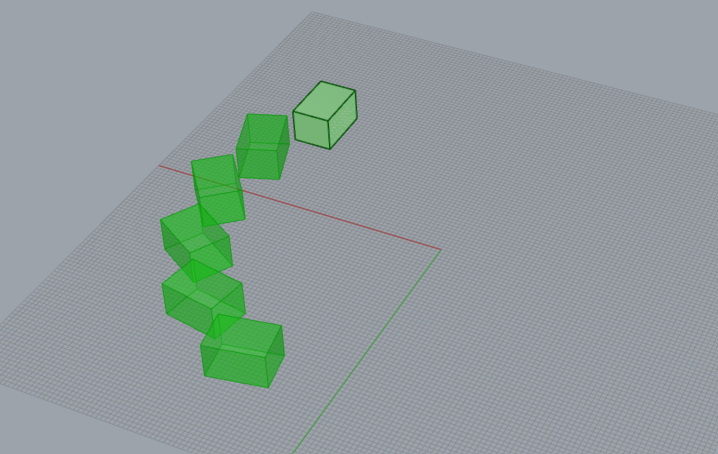
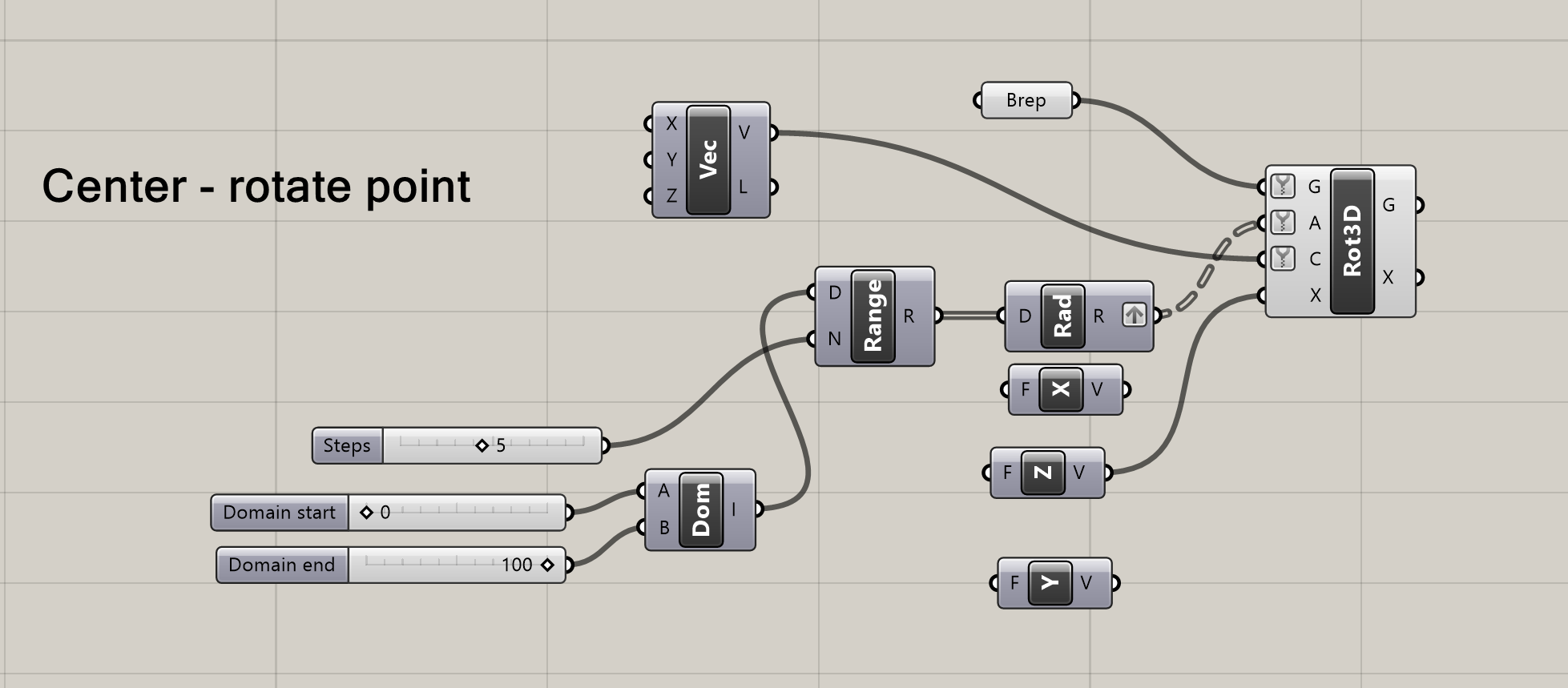
I found an example online that documented how to rotate elements in a series gradually on their own center. When I moved the objects from the world center it also created a radial rotation effect
Create Cluster for Rotation
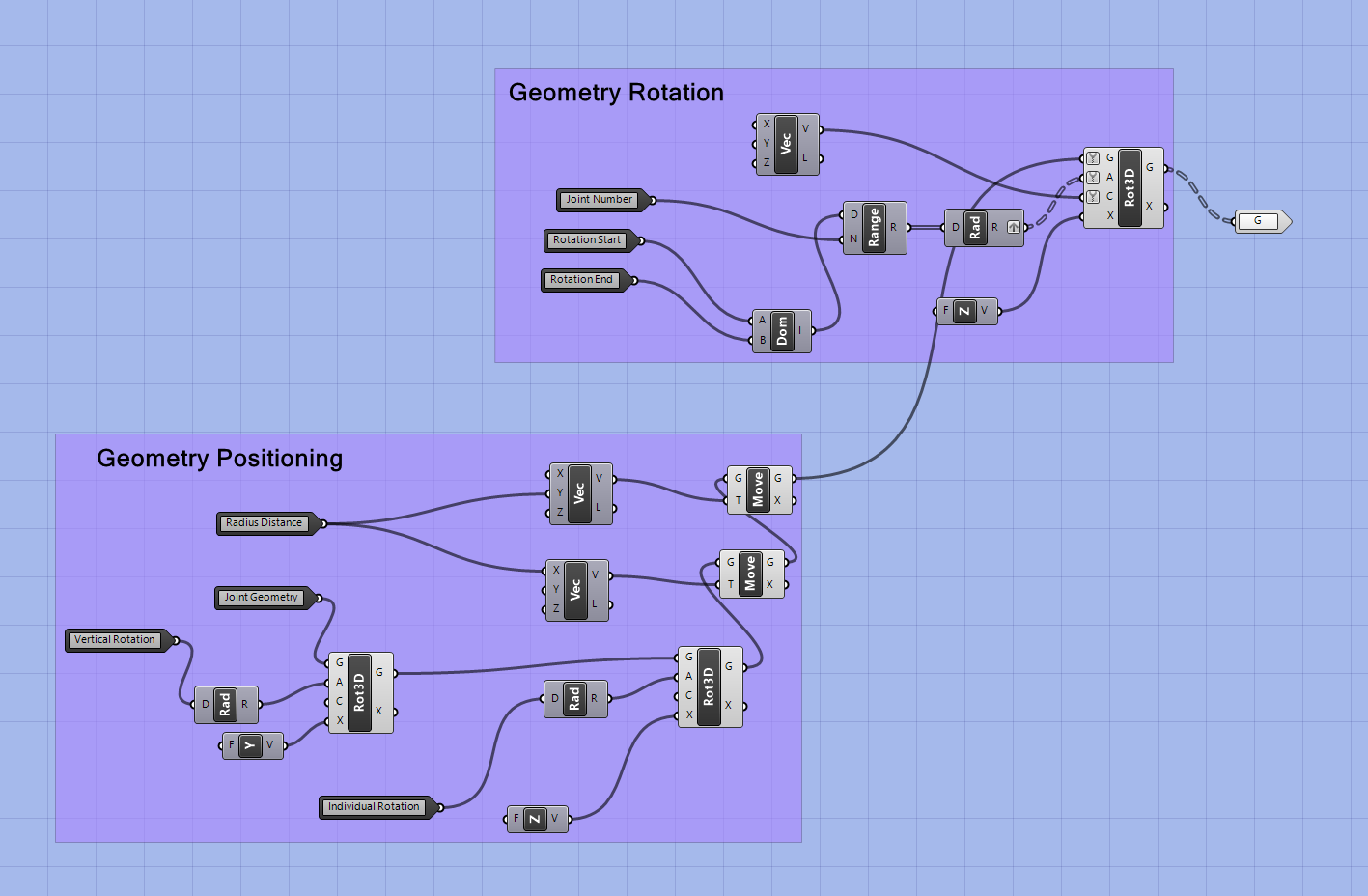
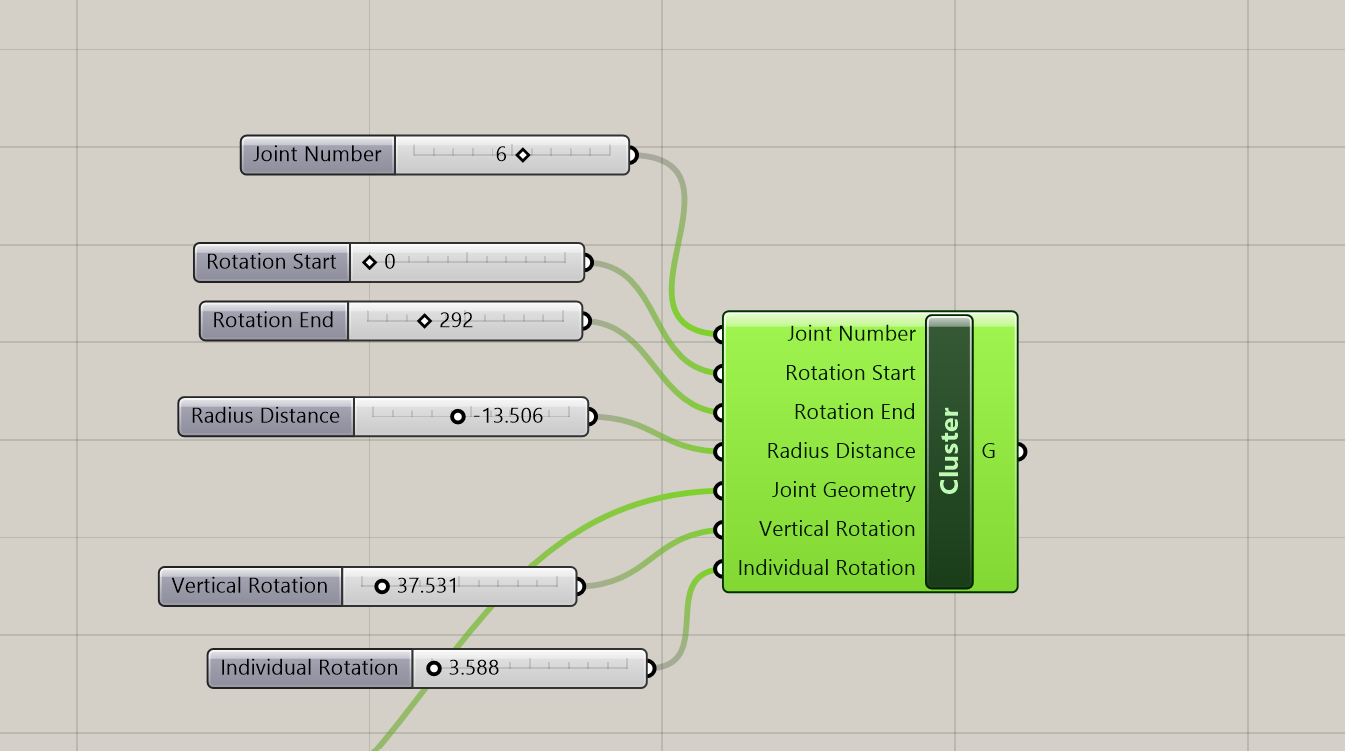
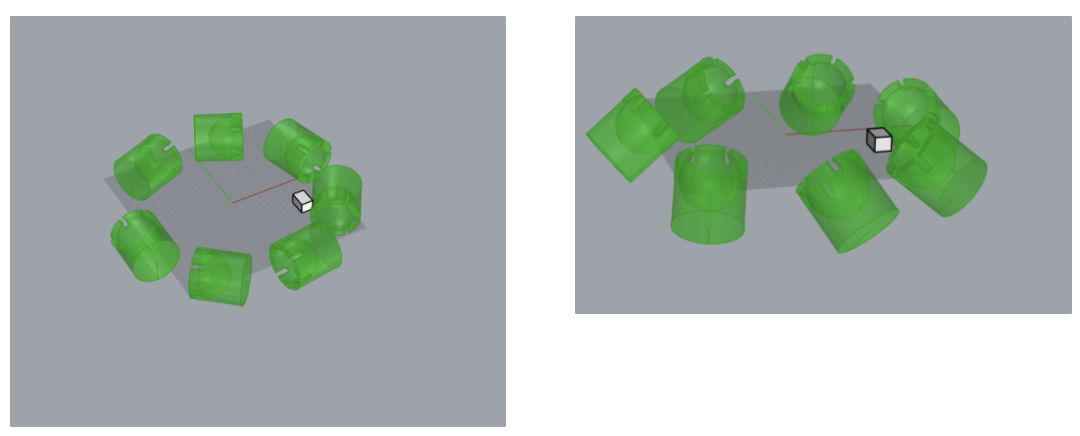
I created a cluster that exposed several parameters that allowed me to modify the horizontal and vertical rotation of each of the joints and their distribution along the radius and the radius distance.
Creating the Rods; Problems With Union
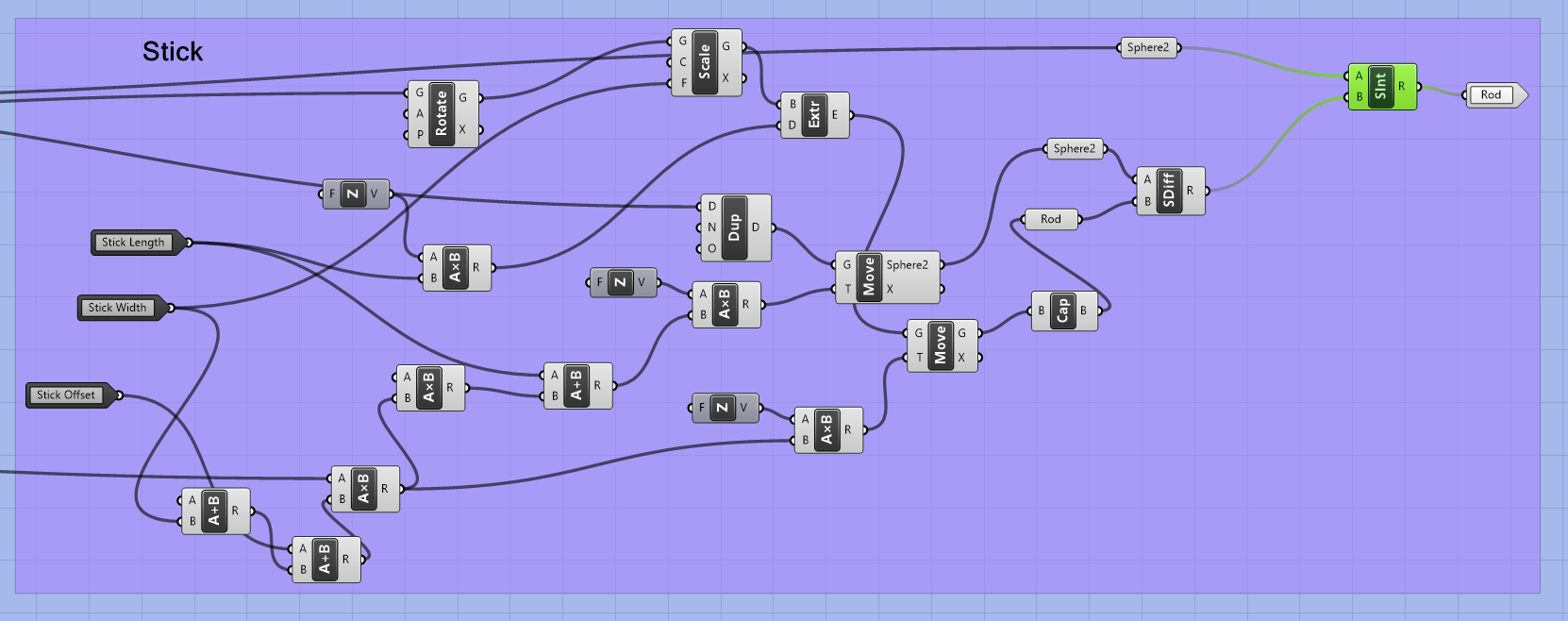


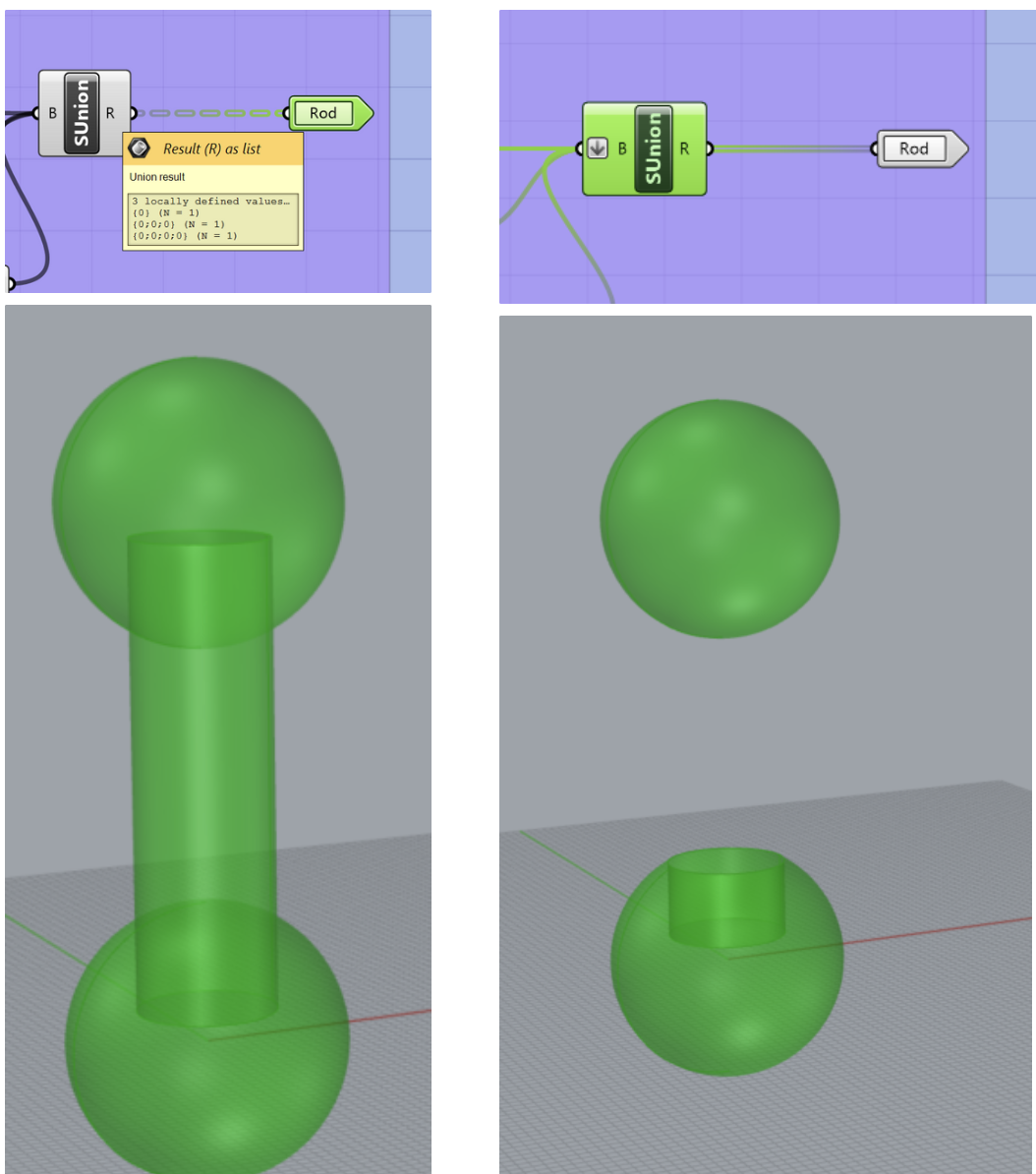
When I was trying to modify the original cluster to also output the rods of the join I realized the union was not working. When I used to flatten (because the geometries seemed to be at different index levels) the results were more akin to an intersection. I am still not sure why this happened. If I did not flatten the geometries the union was not performed and the rotation cluster did not work. I could fix it by rotating each element of the rod individually.
Solution to Rods Problem

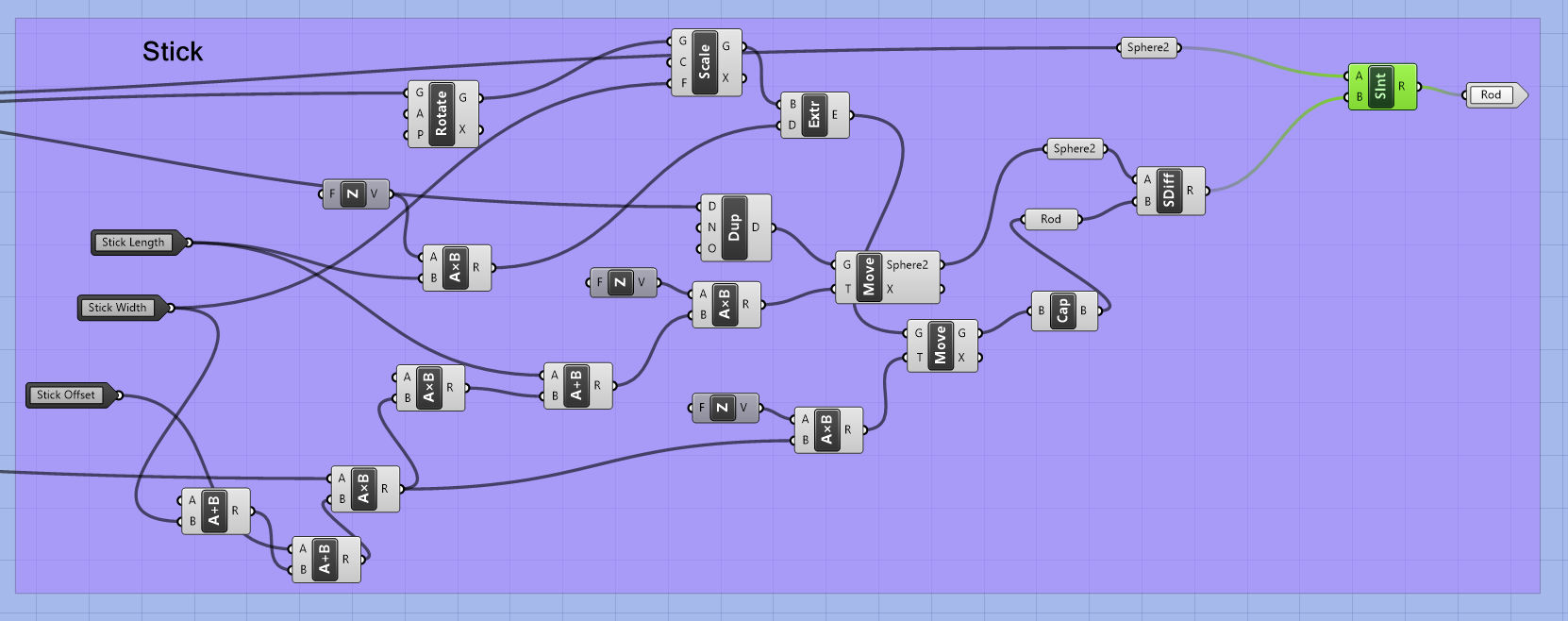
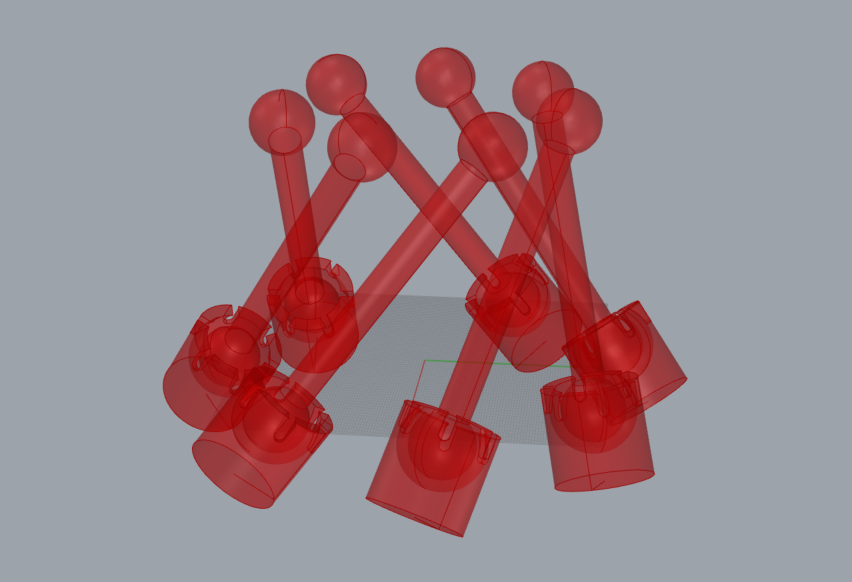
I was able to solve the union problem by using intersection and difference operations but I am not sure why this worked, I just tried it randomly and was not able to find any explanation online. The rod cluster allowed me to control the width and length of the cluster
Parameter Exploration and Design Silicing
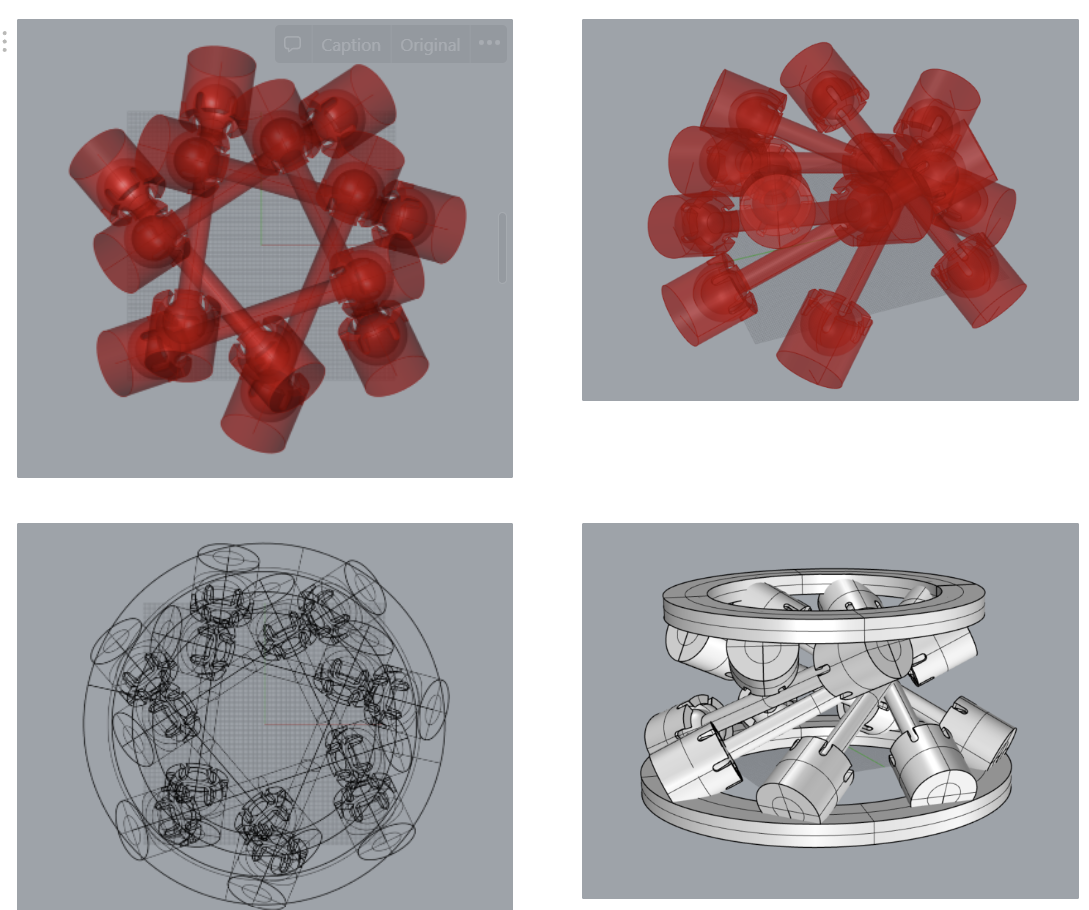
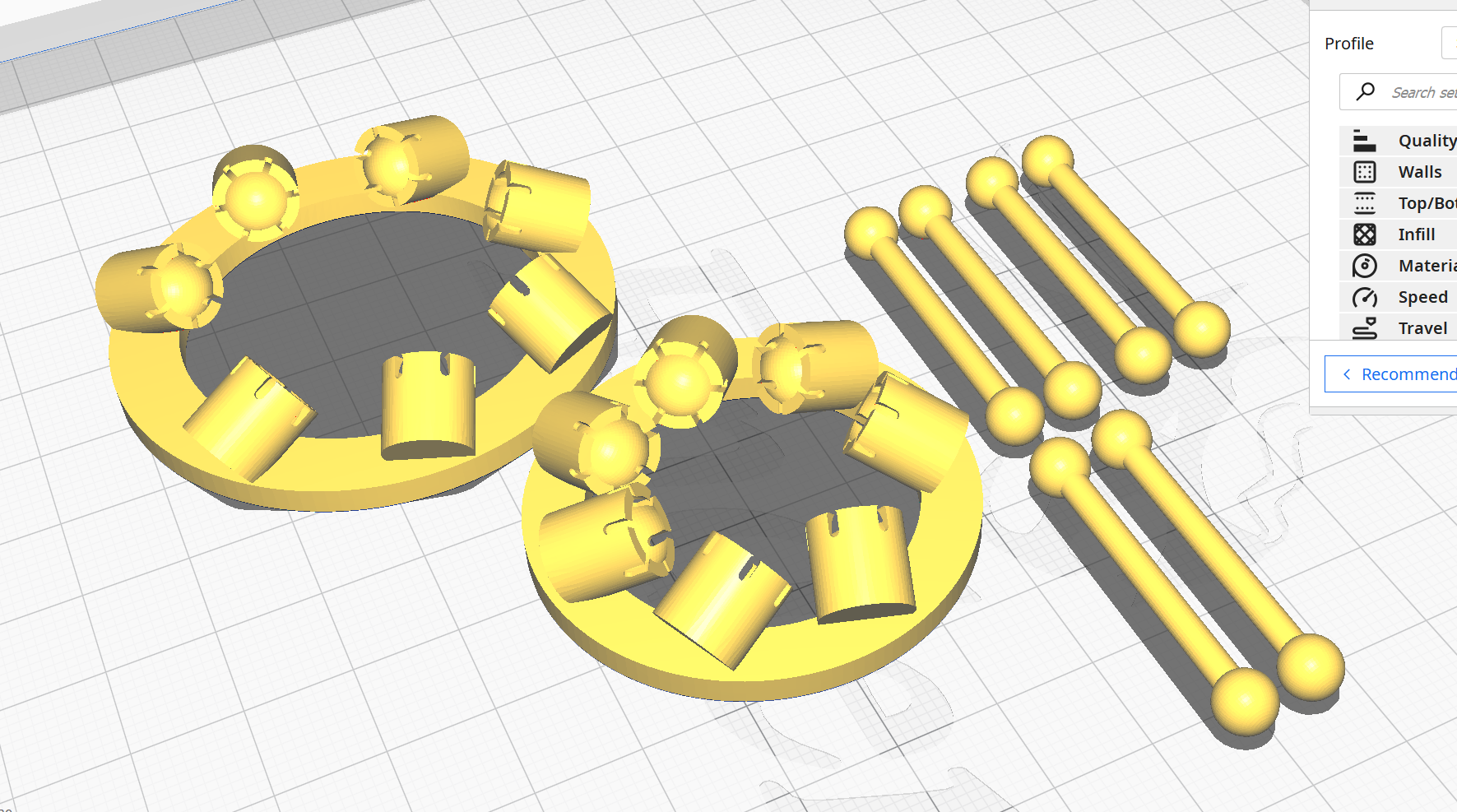
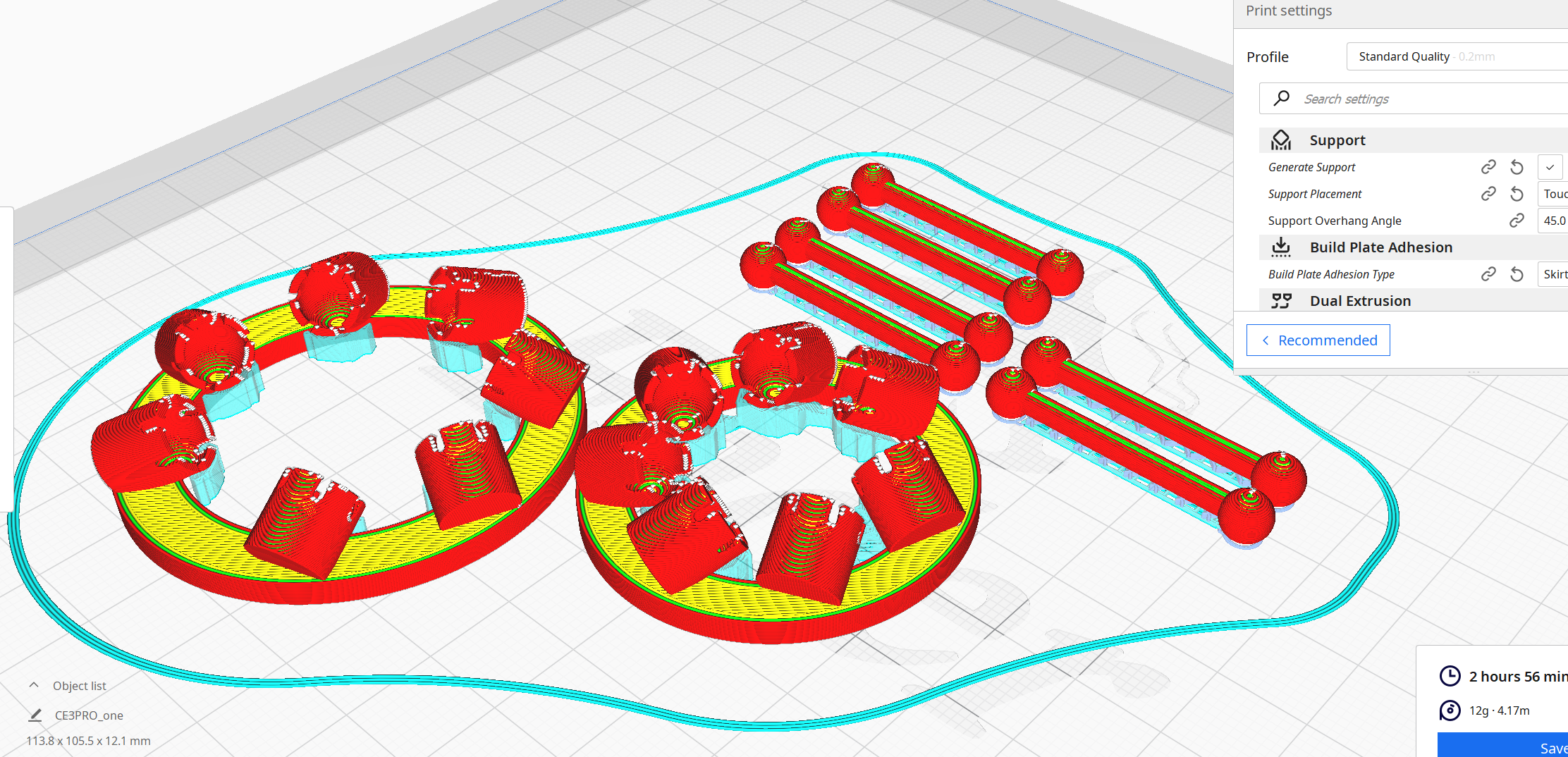
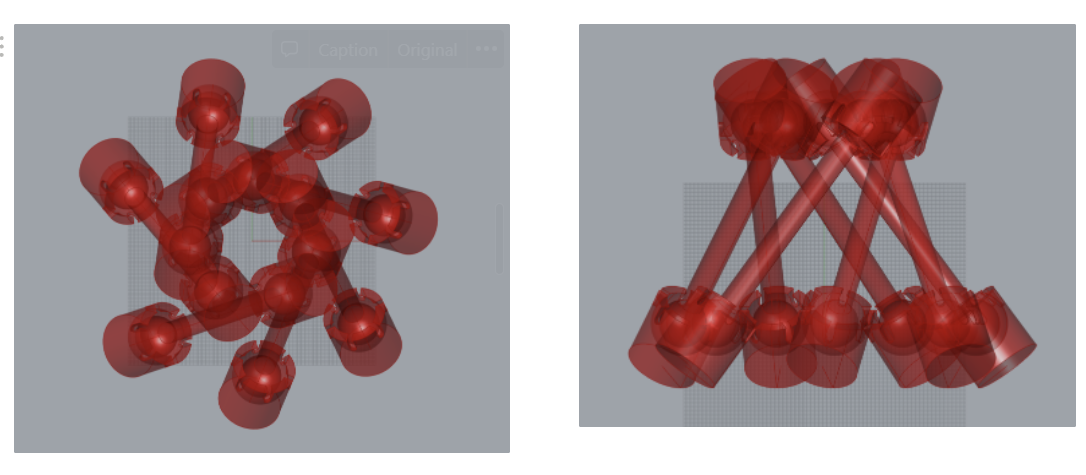
Playing with the parameters I wanted to create a twisted form for the joins. I created two bases for the top and the bottom sections of the circular joints and sliced the final result
Printing Results
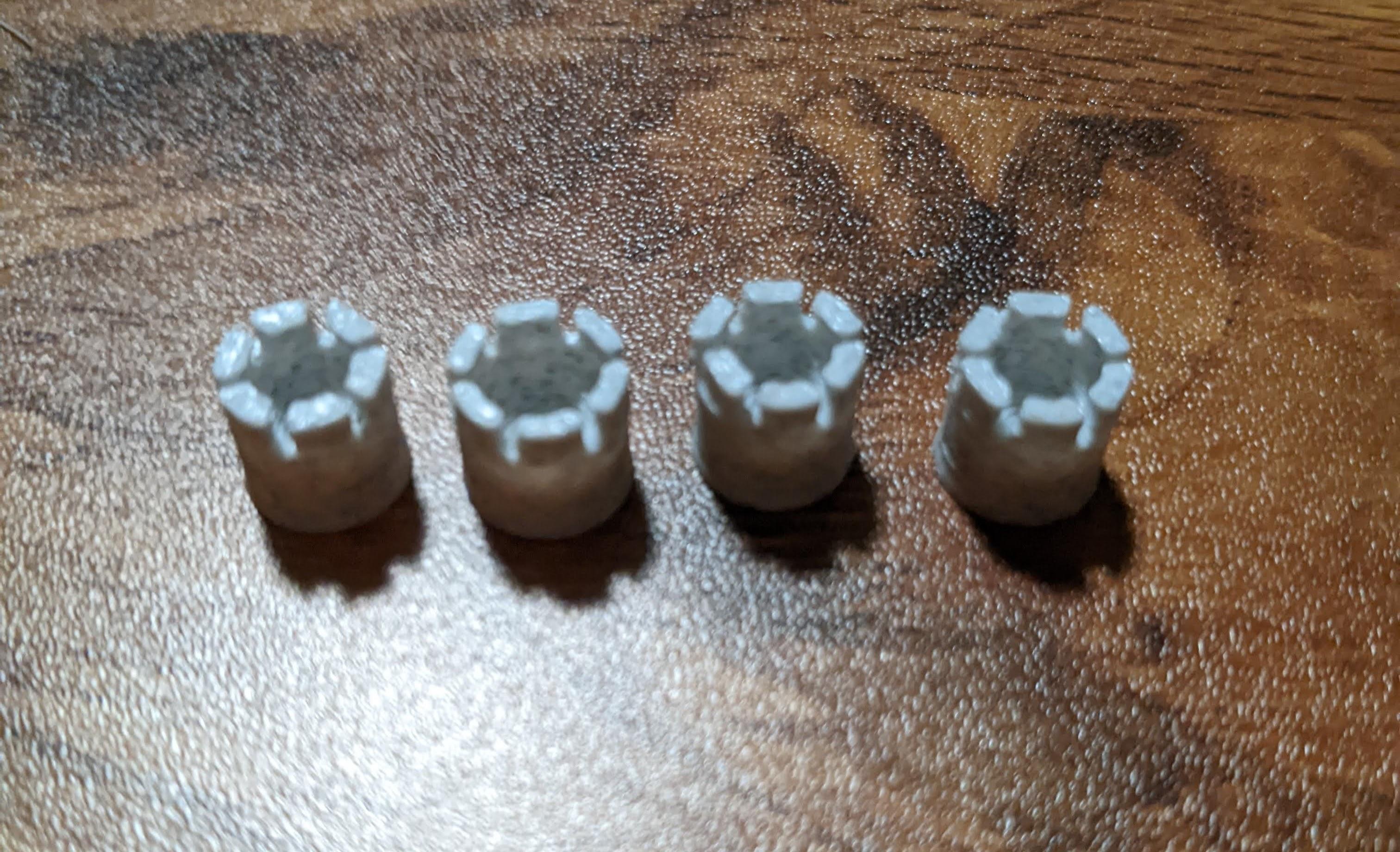
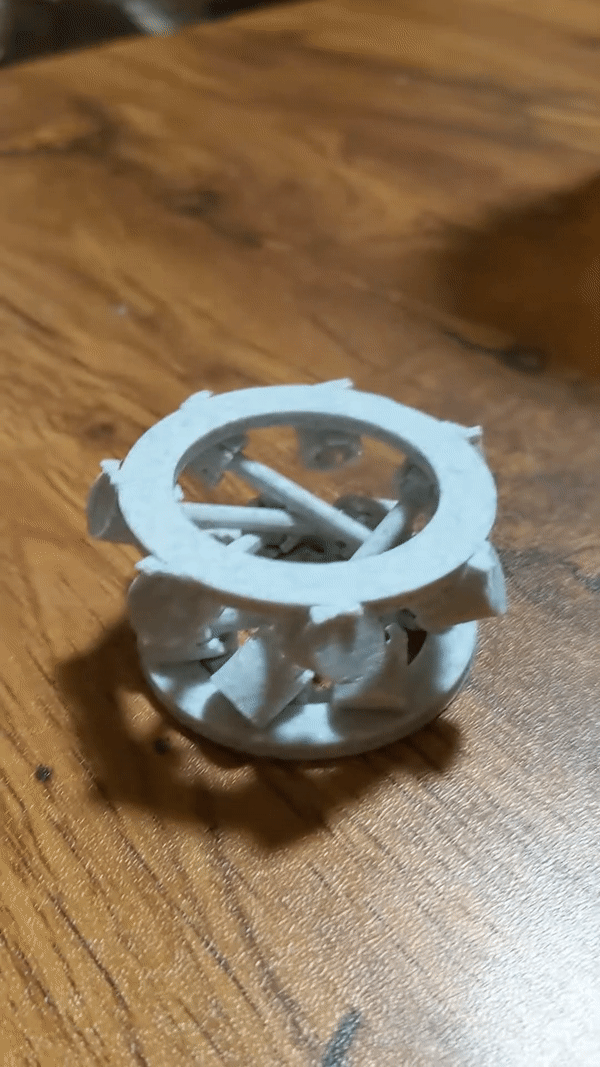.gif)
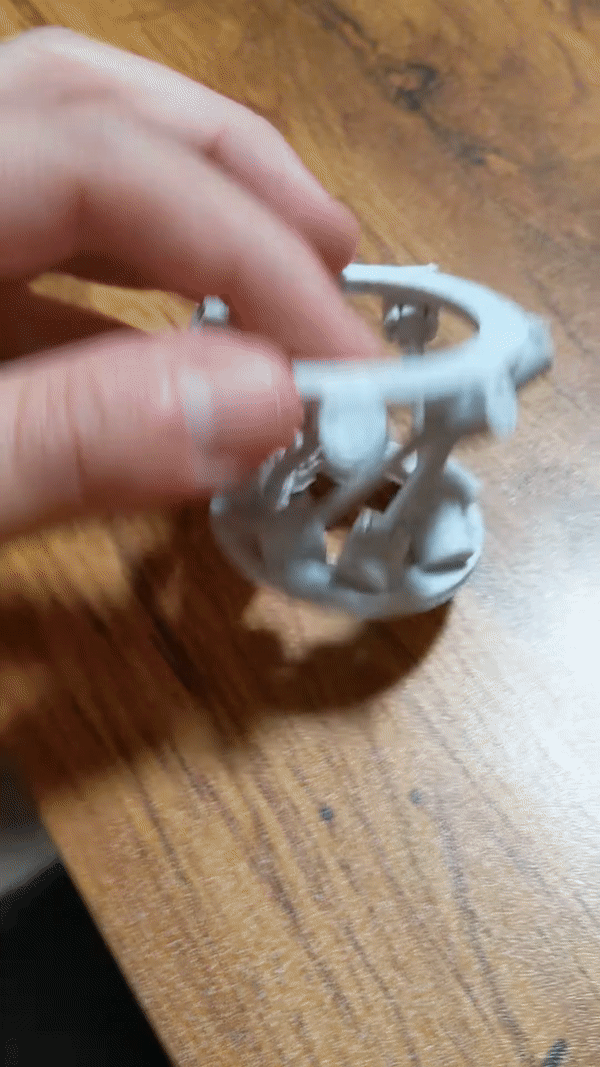
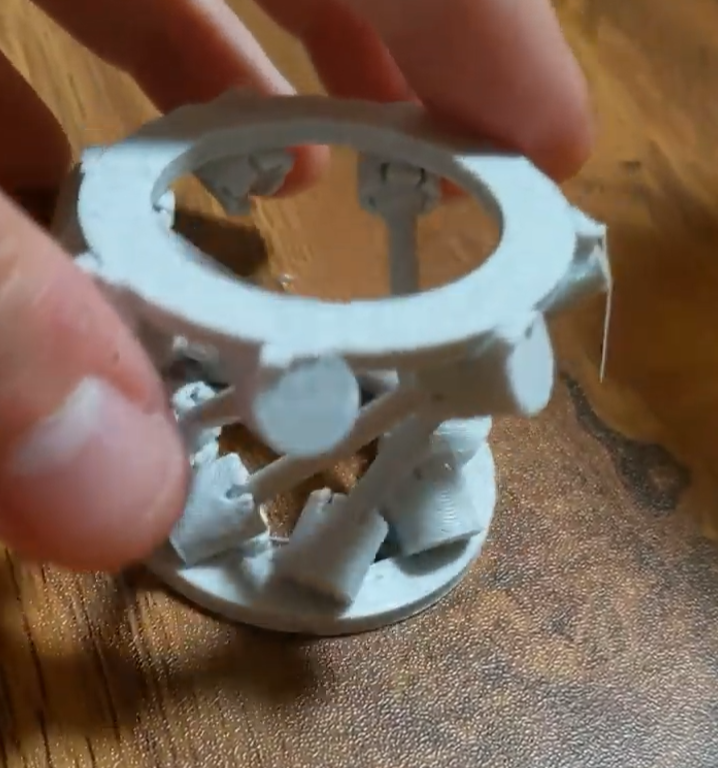
I printed 4 tests of the caps and the sticks that go in them to test the tolerance. Once I found the right value I printed the complete mechanism and I was able to make t rotate,